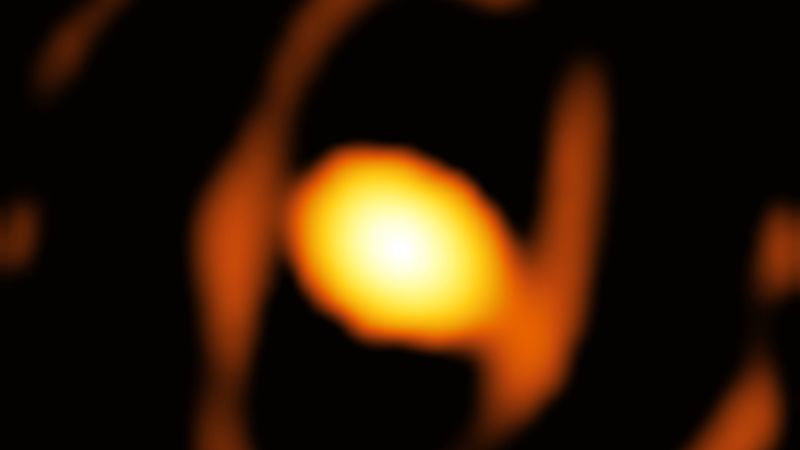
Ion Propulsion
Ion propulsion is a method of spacecraft propulsion that uses beams of ions (charged particles) to generate thrust. It works by ionizing a propellant, such as xenon gas, and accelerating the ions using an electric field. The ions are then expelled out of the spacecraft at high speeds, creating thrust. Ion propulsion is highly efficient and can provide continuous low-thrust propulsion for long periods of time, making it ideal for deep space missions. However, it has a low thrust-to-weight ratio, which limits its use for launch and other high-thrust applications.
Your Previous Searches
Random Picks
- NODC: The National Oceanographic Data Center (NODC) is a federal repository responsible for archiving, processing, and distributing oceanographic data collected by US government agencies, academic institutions, and international organizations. Th ... Read More >>
- Jet Engines: Jet engines are propulsion systems that generate thrust by expelling a high-velocity jet of gas. In the context of space and astronautical engineering, jet engines are commonly used in aircraft and rockets. Jet engines work on the principle ... Read More >>
- Escape Pods: Escape pods are small, self-contained vehicles designed to provide a means of escape for astronauts in the event of an emergency on a spacecraft. They are typically equipped with life support systems, communication equipment, and propulsion ... Read More >>
Top News

First close-up image of a star beyond our galaxy may reveal impending supernova...
Astronomers have taken the first close-up image of a star beyond our galaxy, and it’s a “monster star” surrounded by a cocoon as it slowly dies....
News Source: CNN on 2024-11-21

Bestselling author explains the science of happiness: "You can do the work"...
Bestselling author and Harvard professor Arthur Brooks opens up about how enjoyment, satisfaction and meaning in life can increase a person's wellbeing....
News Source: CBS News on 2024-11-18

November's full moon, known as the Beaver Moon, is the last supermoon of 2024. H...
November's full moon, known as the Beaver Moon, is the last supermoon of 2024. Here's when it peaks and why it's called the Beaver Moon....
News Source: CBS News on 2024-11-15

You can't put a price on the sense of awe particle physics inspires...
Astronomy and particle physics are no longer seen as vital by the US establishment, so funding has fallen. But our work creates a sense of wonder, and wonder matters, says Chanda Prescod-Weinstein...
News Source: New Scientist on 2024-11-13

If you want to stretch your gift game into days this holiday, check out these ad...
The advent calendar phenomenon is growing every year, with so many exciting, fun, beautiful, and delicious options available...
News Source: ABC News on 2024-11-04